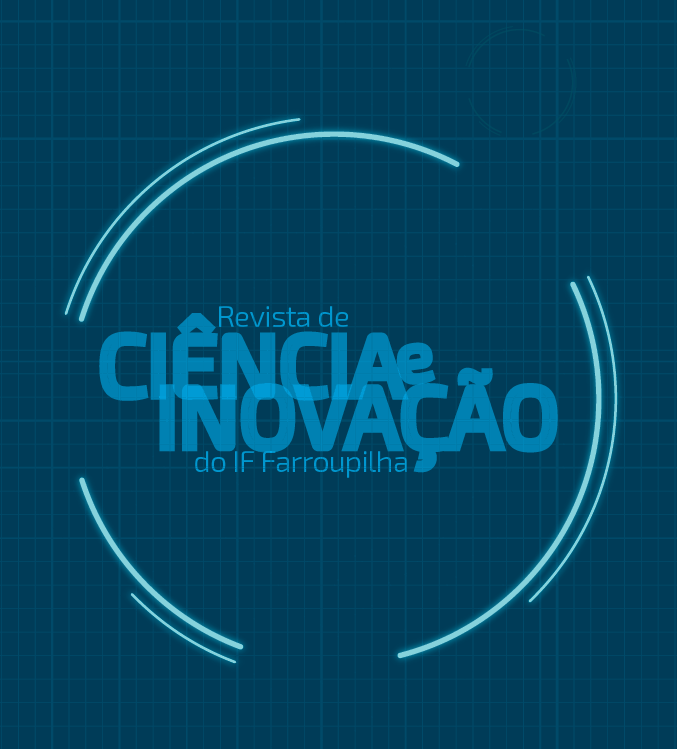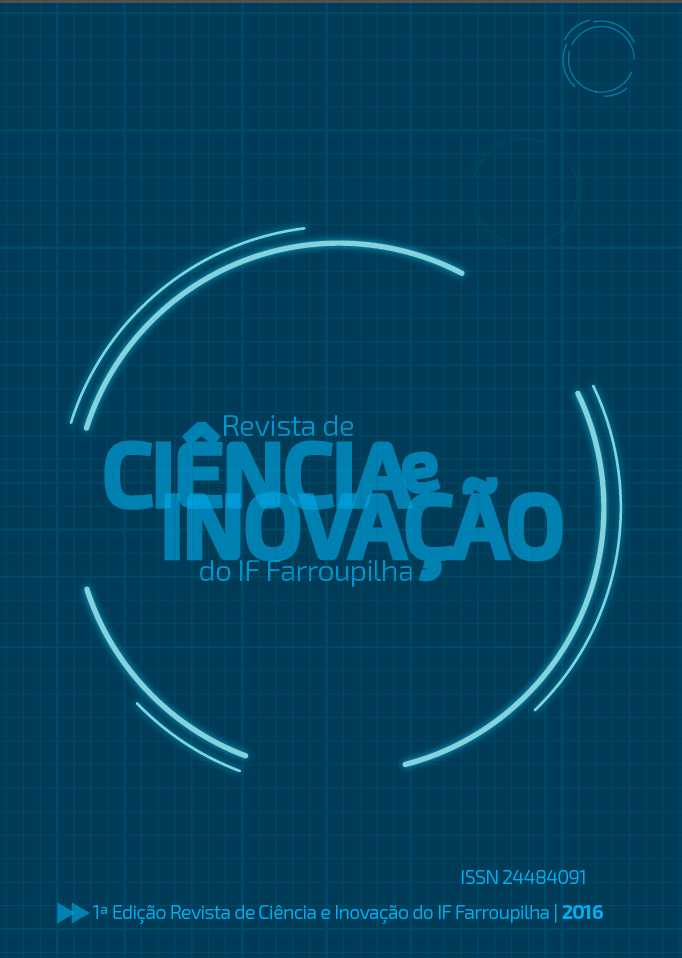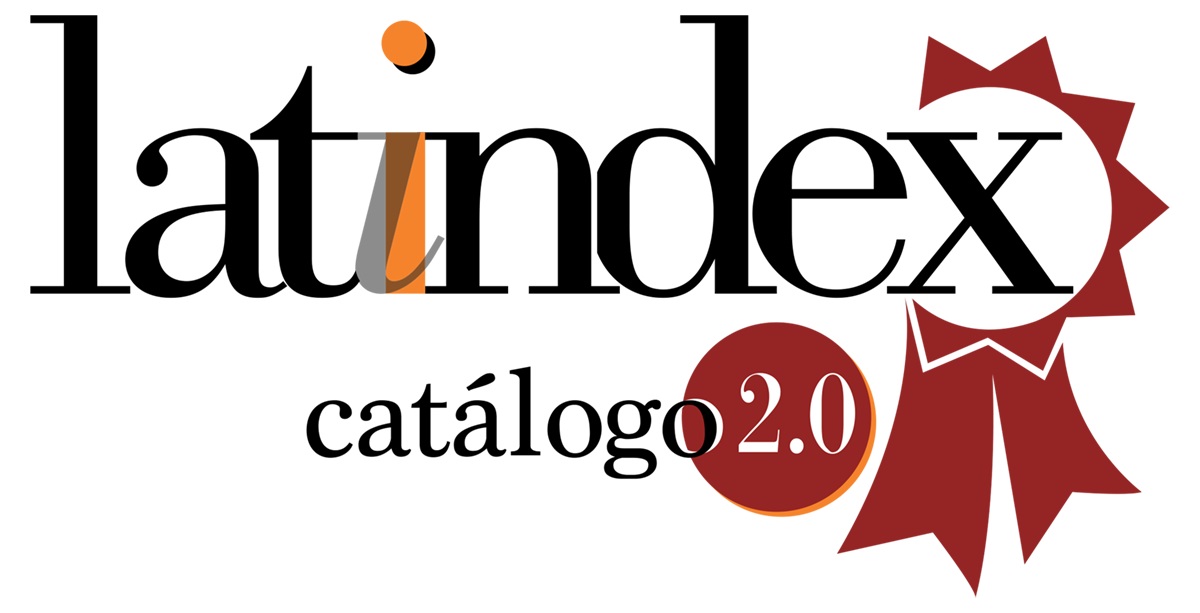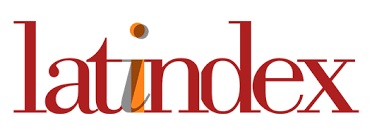Current Issue
Vol. 12 No. 1 (2026)
Published January 21, 2026
Revista de Ciência e Inovação (ISSN 2448-4091) is a multidisciplinary, technical-scientific journal edited by Instituto Federal de Educação, Ciência e Tecnologia Farroupilha (IFFar, RS, Brazil). This journal publishes original and unpublished academic articles in different areas of knowledge, free of charge. Article submissionsare accepted continuously through Open Journal Systems (OJS). The peer review process is adopted to evaluate scientific articles. The journal adopts the diamond open access model, offering open, online and free access to all its content.
1-18
1-13
Language
Information















.png)
